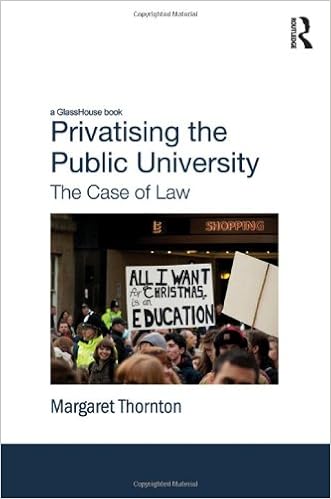Canberra. I am here for a panel discussion on "University Academic Culture: Has It Gone Wrong?". But I am a half an hour early and so have been catching up with my mail. Two strange items are relevant to tonight's topic. One is a media release from University of New South Wales: "UNSW Sydney partners with Keypath Education to expand its digital campus" (16 April 2018). The other is a paper letter from Athabasca University (Canada) about a program review.
The media release from UNSW is a little odd. First of all it refers to "UNSW Sydney". Given that this is about on-line education, what relevance does a particular UNSW campus have? The release refers to "... the launch of a suite of new fully online Master’s programs ..." with the company a Keypath Education. However, there are no masters programs mentioned. Also it is claimed that "... Students aren’t comparing their online education experience to their experience on campus; they are comparing it to their online banking experience ...". This is not supported by the education research literature I have read, nor by my own recent experience as a student. It appears UNSW has launched some unnamed on-line programs and doesn't know what students expect from such education.
The second odd item is a paper letter from Athabasca University's Center for Distance Education in Canada. This says the university is conducting a scheduled review of the Master of Education program. I completed an MEd at Athabasca last last year and so I am being surveyed about it. That is not unusual, but what is odd is that there is no survey attached, nor any web address for a survey. There are no electronic addresses for anything, or anyone, in the letter. Athabasca prides itself on being an on-line university and in three and a half years of study I received only about a half dozen pieces of paper from them. From the wording of the letter it appears that the Center is not even conducing the survey, it is another part of the university.
Athabasca's letter is dated 26 March, postmarked 29 March and I got it 16 April. Is the survey on the way? Has it been lost in the paper or e-mail? Have I already completed it and forgot, as it was so long ago? What is the purpose of the letter? I suspect that the Center is worried about its future and hopes this letter will result in me completing the survey favorably (I will, if I ever get the survey).
Both the UNSW media release and the Athabasca University letter suggest a level of desperation from universities about where higher education is headed and what their role is in it.

 The panel and audience have arrived and the event has started. Professor Margaret Thornton, ANU College
of Law (author of "
The panel and audience have arrived and the event has started. Professor Margaret Thornton, ANU College
of Law (author of "Privatising the Public University: The Case of Law"), warned of the managerat (managers at university) expanding, with the lost of academic freedom and an emphasis on commercial aspects. Professor Thornton appeared to be wanting to a return to an age where universities were given funding with no obligation to do anything in return. I don't think such an age ever existed.
Dr Kim Huynh, ANU School of
Politics and International Relations, College of Arts and Social
Sciences (and roving reporter for ABC Radio) told a story about a weightlifter with depression. This person is now a councilor of men to help them not be macho. He then related this to the Center for Western Civilization advocated by Tony Abbot. As far I understand it, Dr Huynh is arguing western universities need to be less focused on a male-focused view of civilization.
Ms Bianca Hennessy, PhD Candidate in the School of
Culture, History and Languages, College of Asia and the Pacific talked about how the college looks at decolonization. She then related that to what happens at universities, comparing Australian and pacific institution's practice. Ms Hennessy pointed out that regional institutions emphasize benefit to the community, not just the student's job prospects and produce free open access textbooks.
Ms Tess Snowball, Manager, ANU Academic Skills and Learning Centre, pointed out how university is now accessible to first in family Australian students who are not familiar with academic life. She also pointed out that international students come from different cultures. These points are familiar to me, being from a first in family generation and as an international higher education student. As a course designer and instructor I am very aware that I make assumptions about what me students know and expect.
No comments:
Post a Comment